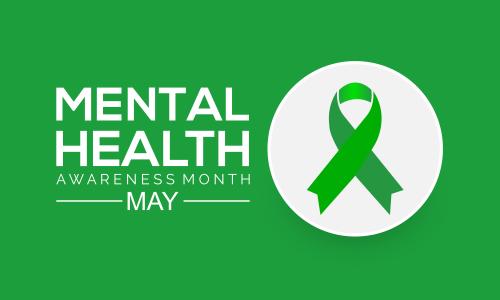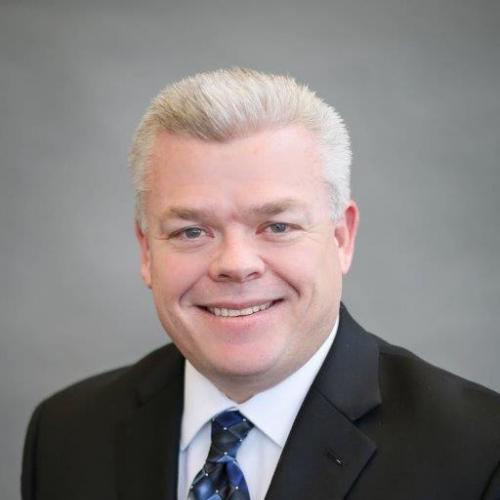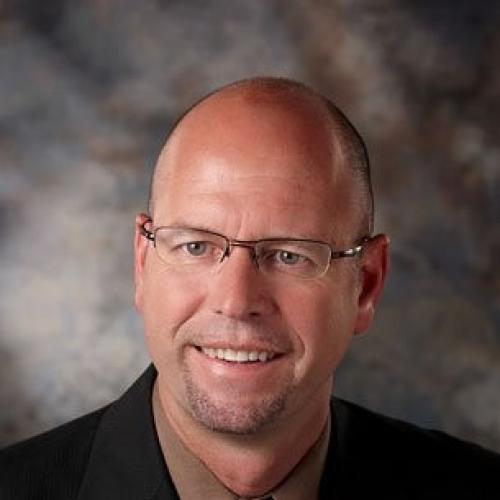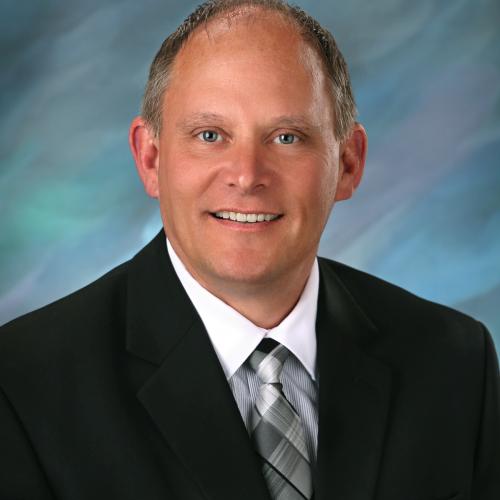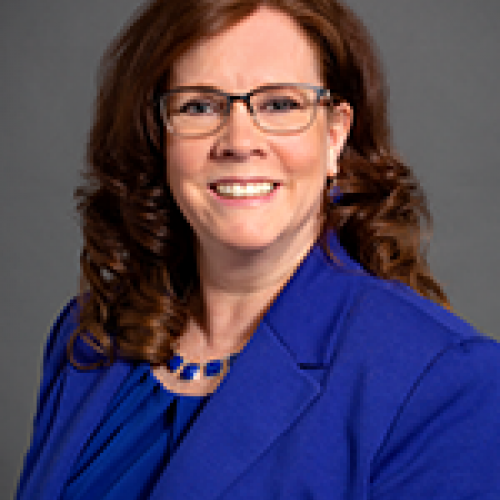Without federal intervention, a new report warns, rural hospitals across the United States, including many in Nebraska, could be forced to reduce services or even close their doors after pandemic relief funds expire.
Nemaha County Hospital chief executive Marty Fattig said ending across-the-board federal spending cuts, known as sequestration, would be a good start. Since lawmakers haven't used cuts to bring down the national debt as promised, Fattig said, he believes hospitals should receive full reimbursement from Medicare.
"So, it looks to me like the only people that are paying for this thing are those of us that take care of Medicare patients," he said. "And we get 2% off of what we would normally get paid. That's kind of a big deal."
Researchers at the Bipartisan Policy Center found that 30 rural hospitals in Nebraska suffered financial losses for patient services over a three-year average. More than 20 hospitals had negative earning margins. Current and long-term financial liabilities exceed current assets for 18 Nebraska hospitals. Nationally, the report says 441 rural hospitals face multiple financial risk factors.
In addition to putting a pause on sequestration, the report recommends making higher Medicare payments permanent, and maintaining flexibility in telehealth until at least two years after the federal public health emergency ends.
Report co-author Julia Harris, the think tank's senior policy analyst, said 116 hospitals closed between 2010 and 2019, but that pace slowed as COVID peaked.
"So, the CARES Act and the American Rescue Plan really did a lot to stave off more hospitals from closing," she said, "but that aid masked the fact that the underlying finances of rural hospitals continue to deteriorate, especially with new pressures brought on from the pandemic."
Fattig said lawmakers also should push back against efforts by drug companies to make it harder to get discounted medicines through a program known as '340-B.' He said those savings help pay for patient services that aren't financially viable otherwise.
"Right now 'Big Pharma,' the big pharmaceutical companies, are throwing all kinds of roadblocks down," he said, "so that they will not pay for the 340B program like they should."
References:


